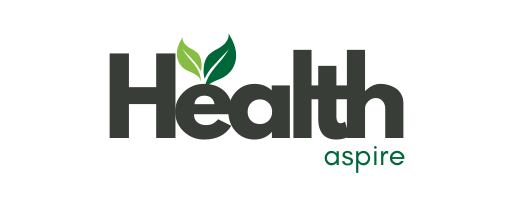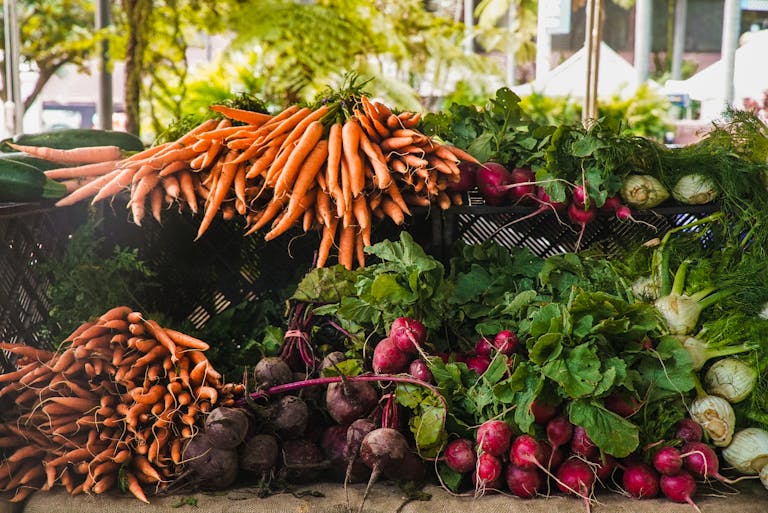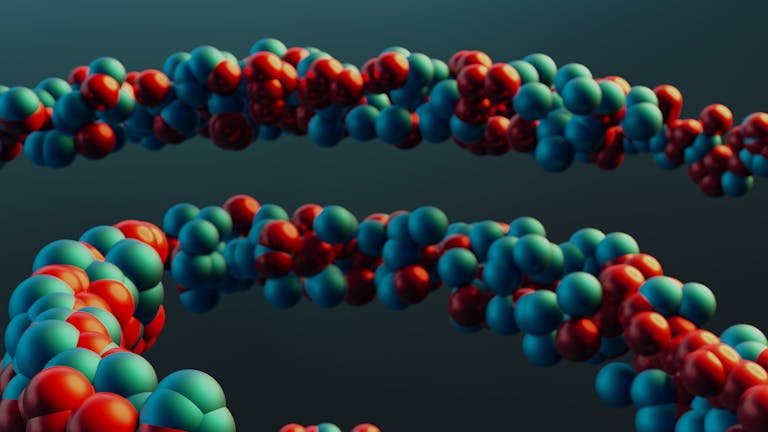Your 2025 Nutrition Guide: Eat Smarter, Stay Healthier, Look Better
The way we approach food and nutrition is evolving rapidly, thanks to advancements in science, technology, and a growing awareness of how diet impacts our health. As we step into 2025, what should we be eating to stay fit, healthy, and prevent diseases? To provide insights, we sat down with Dr. Emma Collins, a certified nutrition consultant with expertise in holistic health and artificial intelligence-driven dietary solutions.
In this in-depth interview, Dr. Collins explains how both men and women can optimize their diets in 2025 to achieve their health goals, maintain their fitness, and lead more balanced lives. With practical tips, meal suggestions, and professional advice, this guide will help you navigate the ever-changing landscape of nutrition.

Q1: What Are the Key Nutrition Trends for 2025?
Dr. Collins:
One of the most exciting trends in 2025 is the integration of artificial intelligence (AI) into personalized nutrition. AI-powered platforms now analyze data like your genetics, gut health, and activity levels to create tailored meal plans. These tools take the guesswork out of eating and make it easier for people to stick to their health goals.
For instance:
- For Men Aiming to Build Muscle: AI tools may suggest high-protein diets with options like lean meats, eggs, and legumes, tailored to your workout routine.
- For Women Focusing on Weight Loss: Your plan might include nutrient-dense, low-calorie foods such as leafy greens, avocado, and salmon to support satiety and fat burning.
Another major trend is the continued shift toward plant-based diets, which offer a sustainable and health-conscious way to eat. Flexitarianism, where plant-based foods dominate but meat and dairy are occasionally included, is gaining traction as a middle ground for those seeking balance.
Q2: How Can Nutrition Help Prevent Common Diseases in 2025?
Dr. Collins:
Nutrition is one of the most powerful tools we have to prevent diseases like diabetes, heart disease, and even certain types of cancer. By focusing on a preventative diet, you can significantly reduce your risk of chronic illness. Here’s how:
- Eat More Fiber-Rich Foods: Foods like oats, lentils, and fruits improve digestion and lower cholesterol.
- Incorporate Healthy Fats: Omega-3s found in fish, walnuts, and flaxseeds support heart and brain health.
- Antioxidant-Rich Foods: Berries, green tea, and dark chocolate combat oxidative stress, which is linked to aging and disease.
- Limit Sugar and Processed Foods: High sugar consumption and ultra-processed foods are major contributors to inflammation and metabolic disorders.

Q3: What Should Our Daily Diet Look Like for Optimal Health and Fitness?
Dr. Collins:
A balanced daily diet is essential, whether your goal is weight loss, muscle gain, or overall health. Here’s an ideal daily meal plan for 2025:
Breakfast
Start your day with a high-protein, nutrient-dense meal.
- Example: Greek yogurt with chia seeds, mixed berries, and a drizzle of honey.
- Benefits: Provides protein for muscle repair and fiber for digestion.
Lunch
Focus on a combination of lean protein, whole grains, and vegetables.
- Example: Grilled chicken with quinoa, spinach, and a tahini dressing.
- Benefits: Keeps energy levels stable throughout the afternoon.
Snack
Choose something light but nutrient-dense.
- Example: Handful of almonds or a green smoothie with kale, banana, and almond milk.
- Benefits: Prevents overeating during meals and provides essential vitamins.
Dinner
Keep it light but filling, prioritizing vegetables and healthy fats.
- Example: Baked salmon with steamed broccoli and sweet potatoes.
- Benefits: Balances your macronutrients without overloading your system.
Q4: How Is Artificial Intelligence Transforming Nutrition?
Dr. Collins:
AI is changing the way we approach eating in ways we couldn’t have imagined a decade ago. These systems use data to optimize diets based on individual needs.
Here’s how AI can help:
- Personalized Recommendations: Apps like Nutrigenomix analyze genetic data to suggest foods that match your biological profile.
- Smart Grocery Shopping: Tools like Yuka or Foodvisor scan barcodes to identify healthier food alternatives.
- Real-Time Adjustments: If your fitness goals or health conditions change, AI can adapt your meal plan instantly.
AI also encourages mindful eating by reminding users to slow down, chew thoroughly, and appreciate their meals, which can aid digestion and reduce overeating.

Q5: What Foods Should We Avoid in 2025?
Dr. Collins:
To maintain health and prevent illness, certain foods should be consumed sparingly:
- Ultra-Processed Foods: Found in fast food, these are often high in trans fats and sodium, which can lead to inflammation.
- Artificial Sweeteners: They may disrupt gut health and trigger cravings.
- Sugary Beverages: Drinks like sodas and energy drinks add empty calories and spike blood sugar levels.
Instead, focus on whole, nutrient-dense foods that nourish your body.
Q6: How Can We Stay Motivated to Eat Healthily?
Dr. Collins:
Motivation can be tricky, but it often comes down to consistency and mindset. Here are my top tips:
- Set Achievable Goals: For example, aim to eat at least one plant-based meal per day.
- Track Progress: Use apps or journals to record your meals and track improvements in your energy or fitness.
- Make It Enjoyable: Experiment with recipes, flavors, and cooking techniques to make healthy eating fun.
- Reward Yourself: Celebrate milestones—like sticking to your plan for a month—with non-food rewards such as a new workout outfit or massage.

Q7: What Are the Key Takeaways for Healthy Eating in 2025?
Here’s a quick recap of what Dr. Collins shared:
- Leverage AI technology to create a personalized nutrition plan.
- Incorporate more plant-based foods and reduce reliance on animal products.
- Focus on nutrient-dense meals that balance protein, healthy fats, and fiber.
- Limit processed foods, sugar, and artificial additives to prevent disease.
- Stay consistent and plan ahead to make healthy eating a sustainable habit.
Conclusion
Nutrition in 2025 is about more than just food; it’s about personalization, balance, and a long-term commitment to health. By adopting AI-driven tools, focusing on whole foods, and implementing the strategies shared by Dr. Collins, you can achieve a healthier, fitter, and more vibrant life.









I have to convey my appreciation for your generosity giving support to individuals that really need assistance with this one concern. Your personal dedication to getting the message along became really significant and has in every case made others much like me to realize their goals. Your personal valuable suggestions denotes so much to me and further more to my colleagues. Thanks a ton; from all of us.